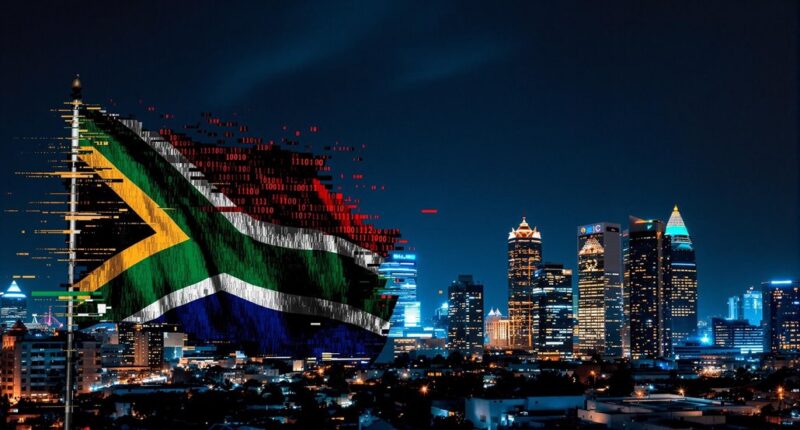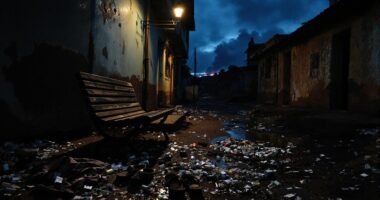South Africa has seen a 1,200% increase in deepfake incidents from 2022 to 2023, making it Africa’s most affected country. These AI-generated fake videos threaten political stability as voters struggle to separate fact from fiction. While traditional misinformation dominated the 2024 election, experts warn that deepfakes could destabilize democracy if left unchecked. Media literacy campaigns are emerging, but digital literacy levels vary widely. The growing accessibility of deepfake technology signals greater challenges ahead.
While AI-generated deepfakes have become a growing concern across Africa, South Africa has been hit particularly hard with a staggering 1,200% increase in incidents between 2022 and 2023. This explosive growth has positioned South Africa as the continent’s most affected region, raising alarms about the potential impact on the nation’s political stability.
The rapid spread of sophisticated fake videos and audio has created new challenges for voters trying to distinguish fact from fiction. These deepfakes can show politicians saying things they never said or appearing in places they’ve never been. The technology behind these fakes is becoming more accessible and harder to detect.
South Africa’s position as the continent’s most targeted country for deepfakes creates unique vulnerabilities. The nation’s complex political landscape, with multiple parties and historical tensions, provides fertile ground for those seeking to sow division through artificial intelligence tools.
South Africa’s intricate political ecosystem makes it dangerously susceptible to AI-powered division tactics.
Despite these concerns, the 2024 national election showed surprisingly minimal GenAI-generated content. Instead, traditional forms of misinformation dominated the information landscape. False headlines, manipulated statistics, and images shared out of context proved more common than sophisticated AI-generated content.
Media analysts suggest this pattern may reflect the current state of deepfake technology adoption in South Africa. While the tools exist, their deployment in political campaigns hasn’t yet reached the levels feared by many experts. However, the dramatic increase in deepfake incidents outside election periods indicates this situation could change rapidly.
Social media platform X, formerly known as Twitter, has emerged as a key channel for spreading misleading content in South Africa. The platform’s algorithms and user base have proven especially effective at amplifying false information and extending its lifespan online. With upcoming local elections, there’s heightened risk of voter manipulation through deepfake technologies.
Security experts warn that deepfakes represent a new frontier in disinformation that could destabilize South Africa’s democracy if left unchecked. Unlike traditional fake news, deepfakes harness the persuasive power of seemingly authentic video and audio evidence to build false narratives. The risk of journalists unwittingly publishing unverified deepfakes without proper source corroboration presents a serious threat to media credibility.
The country’s media literacy organizations have begun campaigns to educate citizens about deepfakes, teaching basic verification skills and encouraging healthy skepticism toward sensational content. These efforts face notable hurdles in a nation with varying levels of digital literacy.
As South Africa navigates this challenging information environment, authorities have called for cooperation between government agencies, technology companies, and civil society to develop effective responses. The dramatic rise in deepfake incidents serves as a warning that, while AI-generated content didn’t remarkably impact the most recent election, the threat remains very real for future political processes in South Africa.
Conclusion
As South Africa faces upcoming elections, the threat of AI deepfakes looms large. These fake videos could inflame tensions in a country already divided by racial and economic issues. Without proper education and verification tools, voters may struggle to separate fact from fiction. The government, tech companies, and citizens must work together to protect South Africa’s democracy from this growing digital danger.








